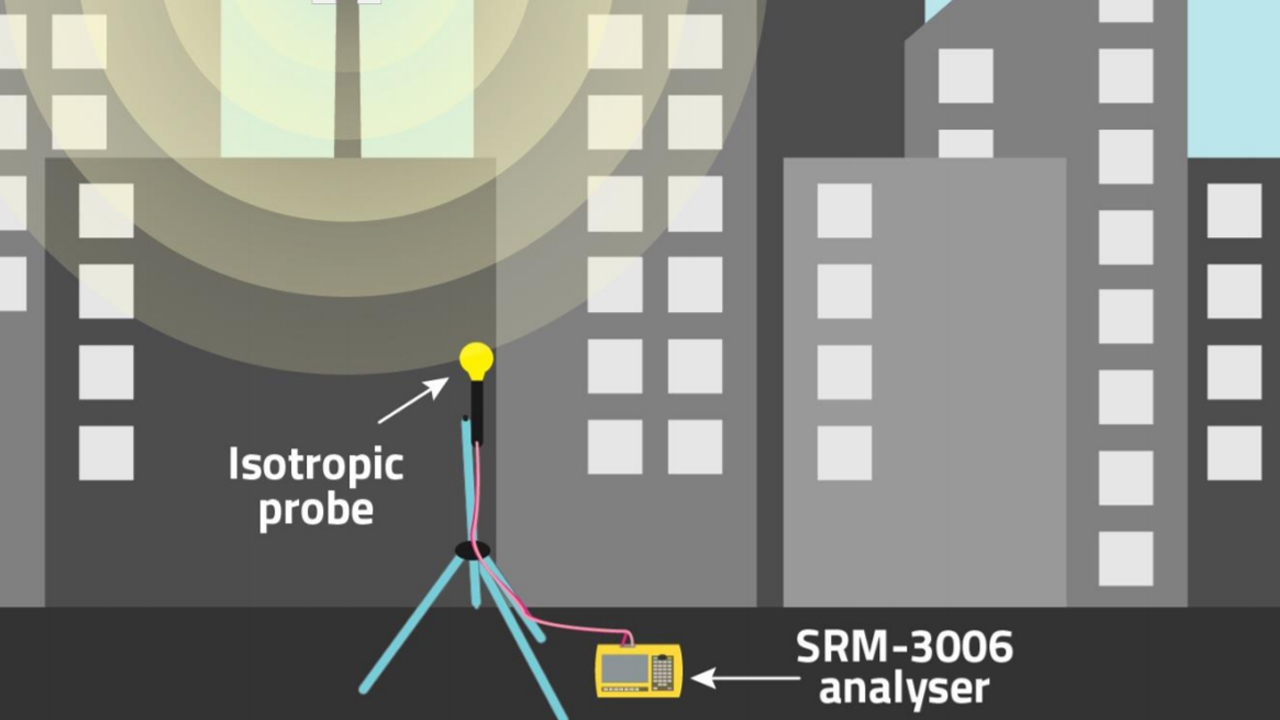Ofcom releases statement on coronavirus 5G link
There is “no relationship whatsoever” between 5G mobile signals and the coronavirus, says regulator.

Get up to speed with 5G, and discover the latest deals, news, and insight!
You are now subscribed
Your newsletter sign-up was successful
Following a spate of 5G mast attacks taking place across the UK over the last two weeks, Ofcom has released a statement, reiterating that there is no relationship between 5G mobile signals and coronavirus.
“There have been reports of 5G masts in some areas of the UK being vandalised and of telecoms engineers being harassed by members of the public,” the statement reads. “This is because some people incorrectly blame 5G for being linked to the spread of the coronavirus (Covid-19). We would like to emphasise that there is no relationship whatsoever between 5G mobile signals and the coronavirus.”
Last week 5G masts in both Birmingham and Liverpool were set ablaze, and on Sunday Vodafone confirmed that it has responded to four incidents of vandalism over the last 48 hours in relation to its 5G towers.
“Vandalism to mobile phone masts mean other services using those masts stop working,” Ofcom says. “These services could include 3G, 4G and mobile call services. This means people can’t call the emergency services or contact their family. It could also mean that some of the communications equipment used by the emergency services is unable to work properly.”
Report into EMF emissions
We measured 5G sites in ten UK cities, focusing on areas where mobile use is likely to be highest. At every location, levels were small fraction of what is recommended in international guidelines.”
Ofcom.
Ofcom had previously measured the electromagnetic field emissions from equipment used to transmit mobile signals and other wireless services, measuring 16 5G sites in 10 towns and cities across the UK, focussing on areas where mobile use is likely to be highest. At every site, Ofcom found emissions were a small fraction of the levels included in international guidelines, as set by the International Commission on Non-Ionizing Radiation Protection. (Non-ionizing refers to the type that doesn’t damage DNA and cells. The maximum measured at any site was 1.5% of those levels.)
“Prior to the coronavirus outbreak there had been other concerns raised about the potential health effects of 5G,” Ofcom said. “As the communications regulator, one of our jobs is to make sure mobile phone signals are within safe levels for people to use. We’ve carried out these tests for a number of years, and recently have measured 5G mobile signals across different areas of the UK. We measured 5G sites in ten UK cities, focusing on areas where mobile use is likely to be highest. At every location, levels were small fraction of what is recommended in international guidelines.”
However, whilst there is no threat from 5G signals, the attacks on mobile masts across the UK are causing significant disruption, which could potentially affect those trying to contact the emergency services in affected areas.
Get up to speed with 5G, and discover the latest deals, news, and insight!
- Discover the best 5G networks in the UK and US
- Get your hands on the hottest 5G phones
- Millimeter wave: the secret sauce behind 5G
- The complete guide to 5G security
- We reveal the latest 5G use cases
- Discover the truth behind 5G dangers
- 5G towers: everything you need to know

Dan is a British journalist with 20 years of experience in the design and tech sectors, producing content for the likes of Microsoft, Adobe, Dell and The Sunday Times. In 2012 he helped launch the world's number one design blog, Creative Bloq. Dan is now editor-in-chief at 5Gradar, where he oversees news, insight and reviews, providing an invaluable resource for anyone looking to stay up-to-date with the key issues facing 5G.

